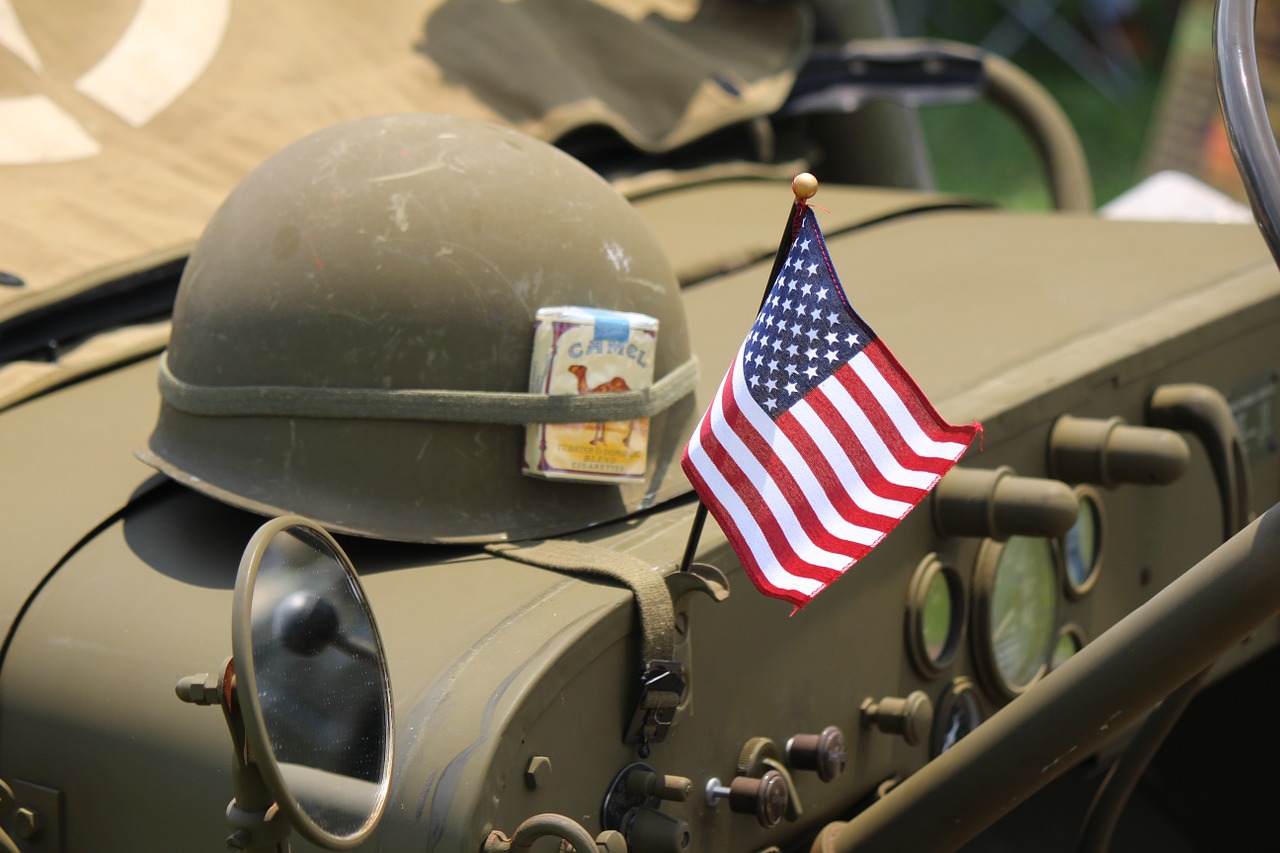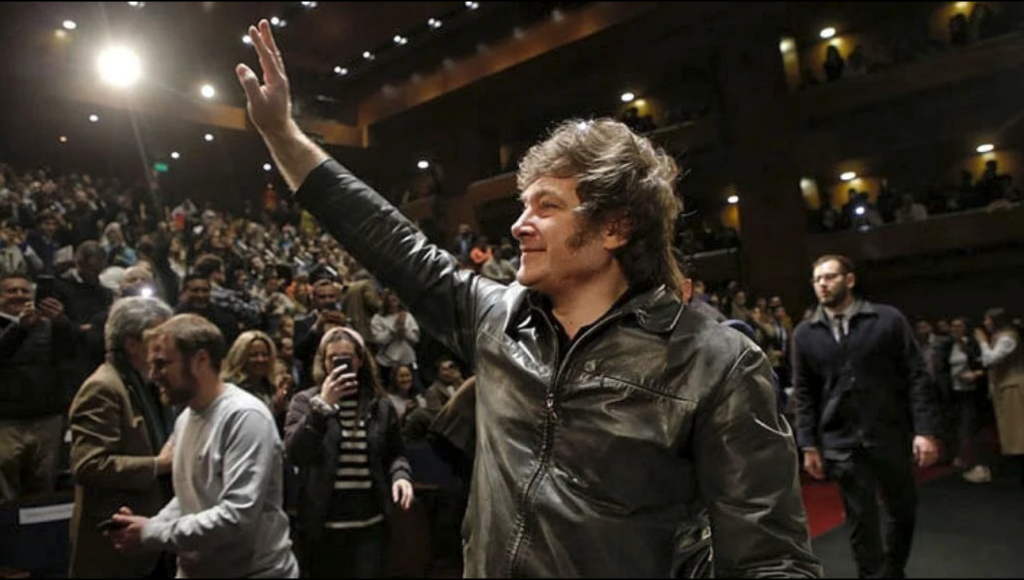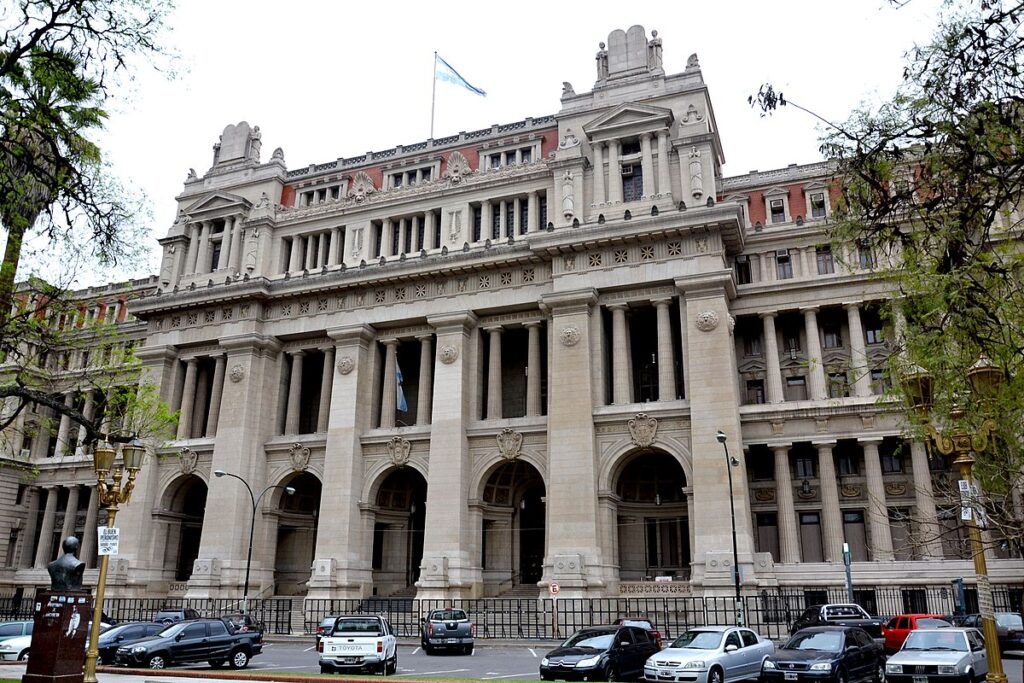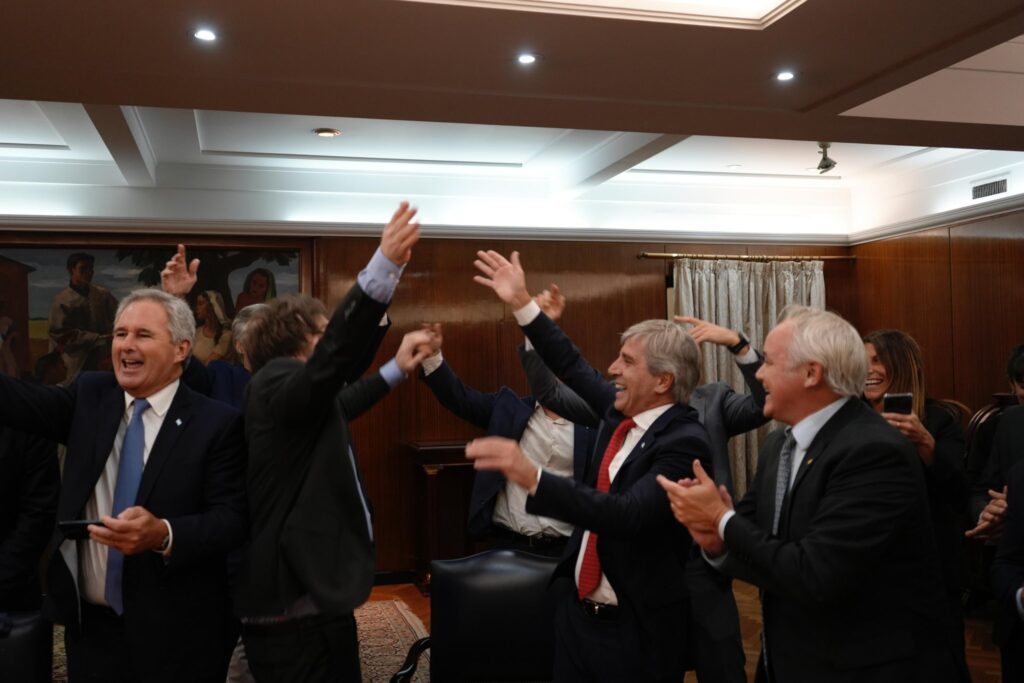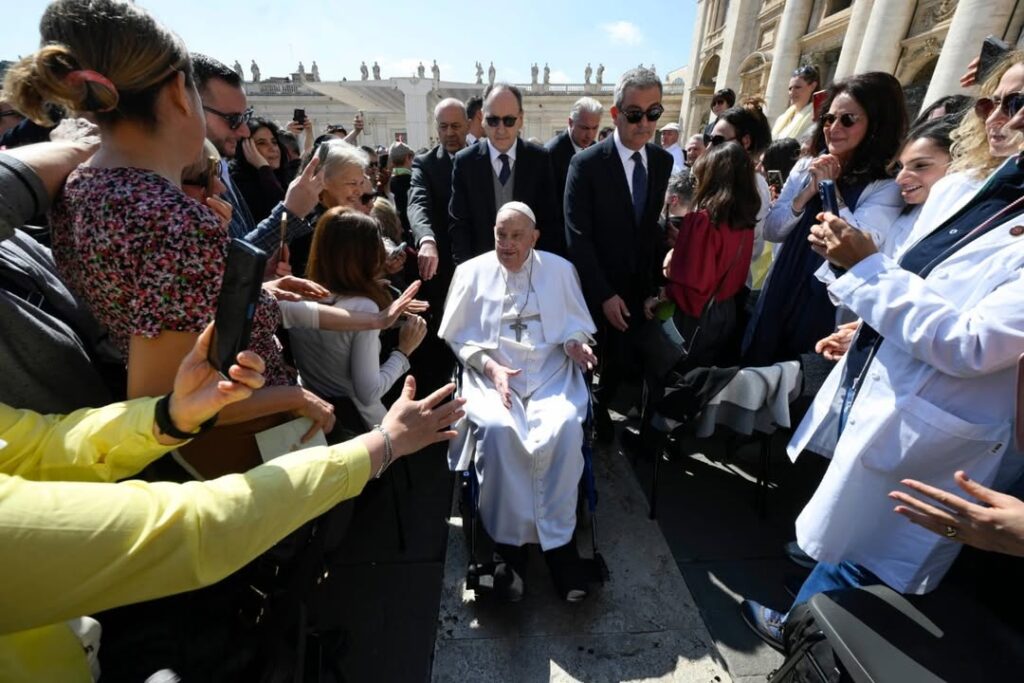President Mauricio Macri is experiencing continued backlash in relation to his controversial decision to allow the military to take part in internal security, as well as the president’s decision to allow the US to enter the country in what has been described as a start to “carnal relations” with the North American country.
The Argentine army has been banned from using its forces in internal affairs in an attempt to protect the country from previous bloody military dictatorships. However, on Monday Macri announced a reform to this law which gives the military more freedom in internal security, after which soldiers were sent to the northern border.
This sparked a protest yesterday July 26 as thousands of people took to the streets in Buenos Aires holding banners and shouting chants to show their rejection of these new reforms despite heavy rain.
“Never again to repressive armed forces!” Pagina 12 reported the protesters as shouting. “No to the militarisation of Argentina!”
The military forces have been sent to the northern border to protect the country against the Macri’s perceived threats of drug trafficking and terrorism. This frees up the Gendarmerie, a more militarised police force who traditionally protect the border area, to travel to the cities to supervise the growing trend of protests and marches against Macri’s government. This has understandably caused concern among Argentine citizens, many of whom remember the military dictatorships of the last century.
However, it is not just Argentine military forces causing a stir in the South American country. Arestegui Noticias reported that Macri has conceded to the creation of three US military bases in the provinces of Misiones, Tierra del Fuego and Neuquén. The latter is set to be constructed in indigenous land causing protests which have been largely ignored.
The military bases, estimated to cost around $200,000 are funded by the US South Command and are labelled as ‘Civil Defence’ headquarters rather than military barracks. These three bases directly violate law 25.880 which states that “the executive power must request authorisation from National Congress…to permit the introduction of foreign troops into national territory.”
In addition, US military troops are currently in the country instructing 40 members of Argentine police in how to effectively safeguard the G20 summit which will take place in November and to which US President Donald Trump will attend.
A source from the Argentine armed forces who did not want to be identified told Arestegui Noticias that this is not a popular decision within the national military force.
“Many young officials in the army – from the Colonel down – are disgusted that the US are installing military bases and instructing Argentine police, without Congressional authorisation,” he told the Mexican news source. “It’s a shameless handing-over of our national sovereignty.”
Despite widespread disapproval, Security Minister Patricia Bullrich and Defence Minister Oscar Agaud have both expressed their support for these latest developments.
“For 30 years our army has been paralysed,” Bullrich told the BBC. “And it’s already been 35 years since the dictatorship ended. We need to give the military an opportunity to play a part in democracy.”
However, years of dictatorship are not so easily forgotten by some. Gastón Chillier, the executive director of the Centre for Social and Legal Studies (CELS) was also reported by the BBC as saying that terrorism and drugs trafficking are not large enough threats for the country to justify the militarisation of the police. He also expressed concern that the intervention of the military is “intervening in one of the few state policies that we have kept since the fall of the dictatorship.”
The US and Latin America as a whole have a difficult relationship littered with US invasions, proxy wars and land theft. The Monroe Doctrine, signed in 1823, was a US policy opposing European colonisation of the South American continent, saying that a European attempt to interfere in the region would be “dangerous to our peace and safety…we could not view any interposition…by any European power in any other light than as the manifestation of an unfriendly disposition toward the United States.”
In an attempt to distance themselves from the historical dominance of the US, Latin American countries traditionally have a strong aversion to the creation of military bases on their land, said National Alliance for Global Justice Co-Coordinator James Patrick Jordan, reported by TeleSur. However there remain a good number of formally recognized bases in El Salvador, occupied Cuba, Aruba, Curacao, Antigua and Barbuda, Andros Island in the Bahamas, Puerto Rico, and even a micro-base in Costa Rica that the Costa Rican government officially denies.
This has caused the creation of a coalition against US bases in the region, but despite this, Peru officially approved the creation of a US military base, also funded by the US South Com at the end of 2016, added to the bases recently approved in Argentina.
Along with widespread unrest due to the unpopular IMF loan and the austerity measures brought in as a response to the economic and financial crisis the country is attempting to overcome, government popularity is low. This is well illustrated by Kirchnerist politician Luis D’Elia who stated that Macri “ought to be shot in Plaza Mayor,” despite his subsequent retraction of the statement.
The next presidential elections will take place in October 2019, giving the current PRO government just over a year to prove the efficacy and wisdom of their decisions.


